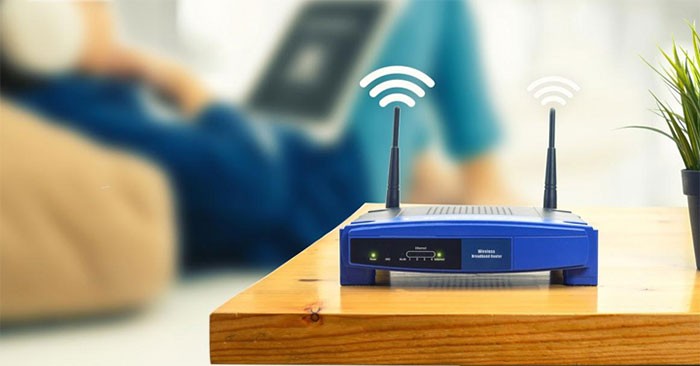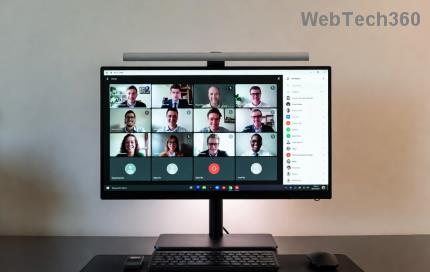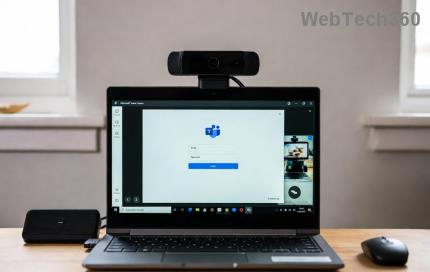Taiwanese energy management company Delta recently announced an interesting study on wifi networks at the Computex exhibition in Taipei. The announcement said that in the future, Wi-Fi networks could monitor our vital signs.

At the show, Dr. Tzi-cker Chiueh at Delta's research center demonstrated how algorithms can analyze disruptions in Wi-Fi signals to detect breathing rates and even heart rates.
This is because current Wi-Fi is quite sensitive to small movements and changes in the surrounding environment. Delta precisely measured the travel time and angle of the Wi-Fi signal bouncing around the room to create algorithms that can track breathing with high accuracy.
Chiueh claims that the algorithm for estimating breathing rate using wifi signals can achieve up to 95% accuracy when measuring within a range of 5 meters, and measuring heart rate has an accuracy of 83% at a distance of 1 meter.
He showed a video showing how the technology can use Wi-Fi signals from two smartphones to distinguish between two people's sleep states based on breathing patterns and body movements.
If this technology appears on smartphones, it will be revolutionary, we will no longer need to buy wearable devices to monitor our health.
However, Dr Chiueh hopes the technology can be applied on a larger scale. He believes that Wi-Fi hotspots could be used to replace expensive specialized medical equipment to monitor patients in hospitals or elderly people in nursing homes.
This technology can also be applied in situations where children and pets are left in vehicles, endangering their lives.
Beyond health and safety, Delta says its new wifi discovery can optimize network performance in difficult environments by changing the hotspot when it detects physical changes that could degrade the network signal.














